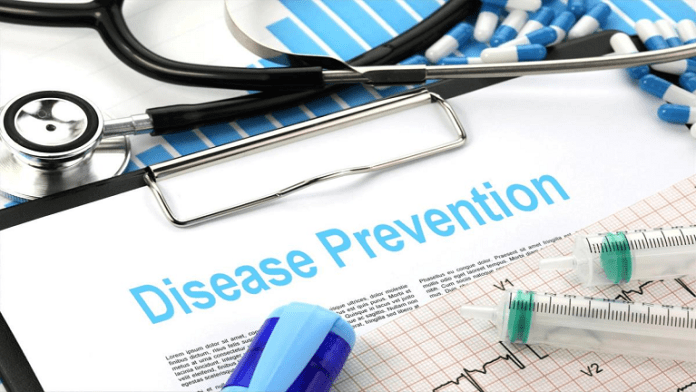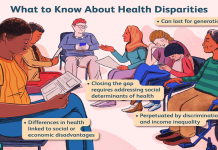Disease prevention is a cornerstone of public health. It involves proactive measures to reduce the risk of illnesses, ultimately saving lives and resources. From vaccinations to health education, preventive strategies are essential in building healthier communities.
Why Is Disease Prevention Important?
Prevention minimizes the burden of disease on individuals and healthcare systems. It also reduces the economic impact of illnesses, allowing societies to allocate resources more efficiently.
- Vaccinations: Immunizations are one of the most effective ways to prevent infectious diseases. By building herd immunity, vaccines protect vulnerable populations.
- Health Education: Public awareness campaigns about hygiene, nutrition, and lifestyle choices play a significant role in disease prevention.
- Screenings and Check-ups: Early detection through regular medical check-ups helps manage conditions before they become severe.
The Role of Technology
Advancements in technology have revolutionized disease prevention. Wearable devices, telemedicine, and AI-powered diagnostics enable early intervention and personalized care.
Global Challenges
Despite progress, challenges like vaccine hesitancy, misinformation, and healthcare disparities persist. Addressing these requires collaborative efforts from governments, NGOs, and private sectors.
By prioritizing disease prevention, societies can improve quality of life, reduce healthcare costs, and build resilience against future health crises.























